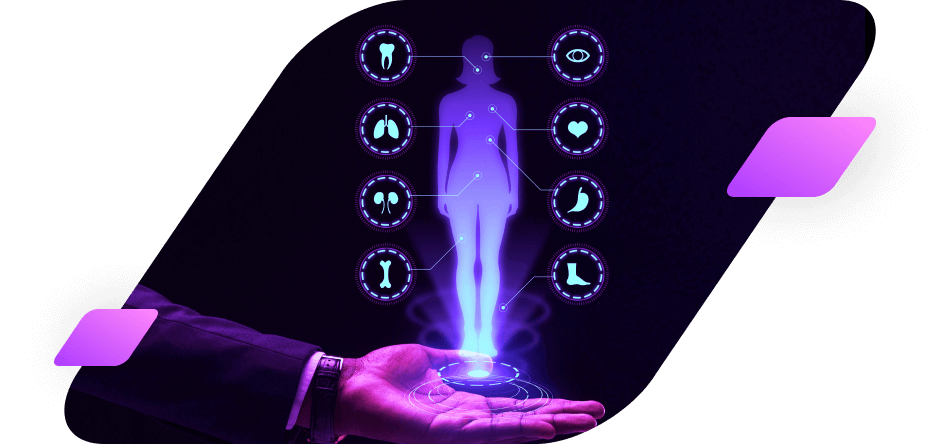How to Detect AI Voices- An Ultimate Guide
As artificial intelligence is getting better with each passing day, it is supercharging audio deepfakes and causing robocall scams, financial frauds, voice cloning, and more. …


AI algorithms can analyze vast amounts of patient data, including medical records, lab results, and imaging scans, with incredible speed and accuracy.

AI-powered systems can process and interpret medical data much faster than humans. This speed can significantly reduce the time required for diagnosis.

AI diagnose software can automate repetitive tasks, such as data entry and analysis, freeing healthcare professionals' time to focus on patient care.

AI assisted diagnosis algorithms enable the development of personalized treatment plans tailored to individual patients, considering their medical history.

Providing recommendations, AI diagnostics algorithms can assist doctors in making well-informed decisions, leading to more effective and targeted interventions.

Artificial intelligence in disease diagnosis systems can refine their algorithms and capabilities, staying up-to-date with the latest medical research and advancements.
AI-powered virtual assistants can interact with patients, collect their symptoms, and provide initial assessments. It helps patients by providing basic medical advice.
AI performance diagnostics algorithms can analyze vast amounts of biomedical data to identify potential drug candidates and predict their efficacy.
AI assisted diagnosis software can remotely monitor a patient's vital signs, such as heart rate, blood pressure, and glucose levels.
Decision systems in AI in disease diagnosis can provide healthcare professionals with recommendations and treatment options based on patient medical data.
AI can analyze patient data, including medical records, lab results, and genetic information, to identify patterns and risk factors associated with various diseases.
AI algorithms can analyze medical images, such as X-rays, MRIs, and CT scans, to assist radiologists in detecting abnormalities and making accurate diagnoses.

Our extensive experience in AI development and implementation gives us a proven track record of success and expertise to meet your business's AI needs.

Employing over 150 individuals, we offer a broad range of skills and knowledge to support your business's AI requirements, providing a comprehensive solution to meet your needs.

Our international footprint with offices in the USA, UK, and UAE allows us to offer AI solutions and support worldwide, making us an excellent choice for businesses with worldwide operations.

We prioritize our employees' growth and development, ensuring a dedicated and motivated team that is committed to delivering the best AI solutions for your business.
As artificial intelligence is getting better with each passing day, it is supercharging audio deepfakes and causing robocall scams, financial frauds, voice cloning, and more. …
Artificial intelligence is shifting from novelty to necessity. In the…
Generative artificial intelligence or generative AI focuses continue to be…
The recent advancements in the field of artificial intelligence have…
2024 © Xeven Solutions. All rights reserved.